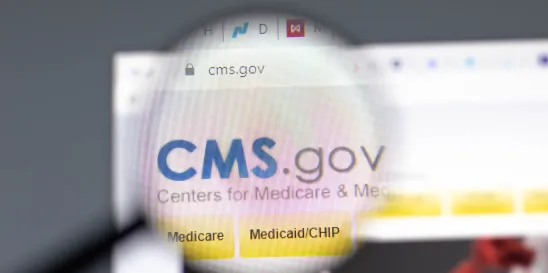So Medicarians just wrapped, and we have a great example of why TCPA compliance matters just as much as CMS rules for folks making outbound calls selling Medicare and related products.
In Van Baalen v. Mutual of Omaha, 2024 WL 1578897 (D. N.M. April 11, 2024) the Court refused to dismiss a TCPA suit against Mutual of Omaha arising out of calls made by a company called Affordable Insurance Group, Inc., and both the owner of that company (Todd Shader) and the insurance rep (Joshua Hanley) that spoke with the Plaintiff are personally named in the case.
The calls at issue were allegedly prerecorded in nature–always a high-risk scenario–and made without consent.
Mutual of Omaha moved to dismiss on several grounds but all were rejected.
First, Mutual argued it was not vicariously liable for the calls at issue. But the Court swiftly rejected this argument finding the Plaintiff’s allegations Mutual controlled the manner and means of AIG’s outbound calls was sufficient to keep it in the case.
Second, Mutual argued Plaintiff did not sufficiently allege the message he received was prerecorded but he Court had little trouble crediting the allegations of prerecorded message usage.
Third, Mutual argued Plaintiff failed to allege residential usage of his phone but the Court found allegations Plaintiff used the phone “for his personal, household and residential needs” were sufficient.
Fourth, Mutual asserted no cause of action exists for its alleged failure to maintain a DNC policy, but the Court rejected this argument has several courts have found that CFR provision does permit direct suit.
Fifth, the Court found the telemarketer’s use of fake names and refusal to honor DNC requests were attributable to Mutual and suggestive that it lacked TCPA policies.
All in all this is just a trainwreck of a decision for Mutual of Omaha and highlights the dangers of third-party lead buying–including warm transfers.
Notice that Mutual almost certainly does NOT control AIG, but at the pleadings stage the Court simply shrugged off that reality and accepted the allegations of the complaint as valid. Really important TCPA defendants use Rule 11 process in circumstances like this one–where the allegations are sufficient as a legal matter but almost certainly false as a factual matter.
Notice also that the owner of the lead generator is personally sued here–as the individual agent that fielded the calls. This is a CRITICAL reminder to those out there that think they can hide behind the corporate form to protect themselves from liability– NOT IN TCPAWORLD!!!! You must comply with the law or you can find yourself personally sued.
Also, the Court also allowed the New Mexico state law unfair practices claim to proceed as well so Plaintiff may be able to double dip here.
All all bad.
Those of you in the Medicare space need to be VERY cautious of TCPA issues, even as you keep an eye on the new 2025 CMS rules.




 />i
/>i
